

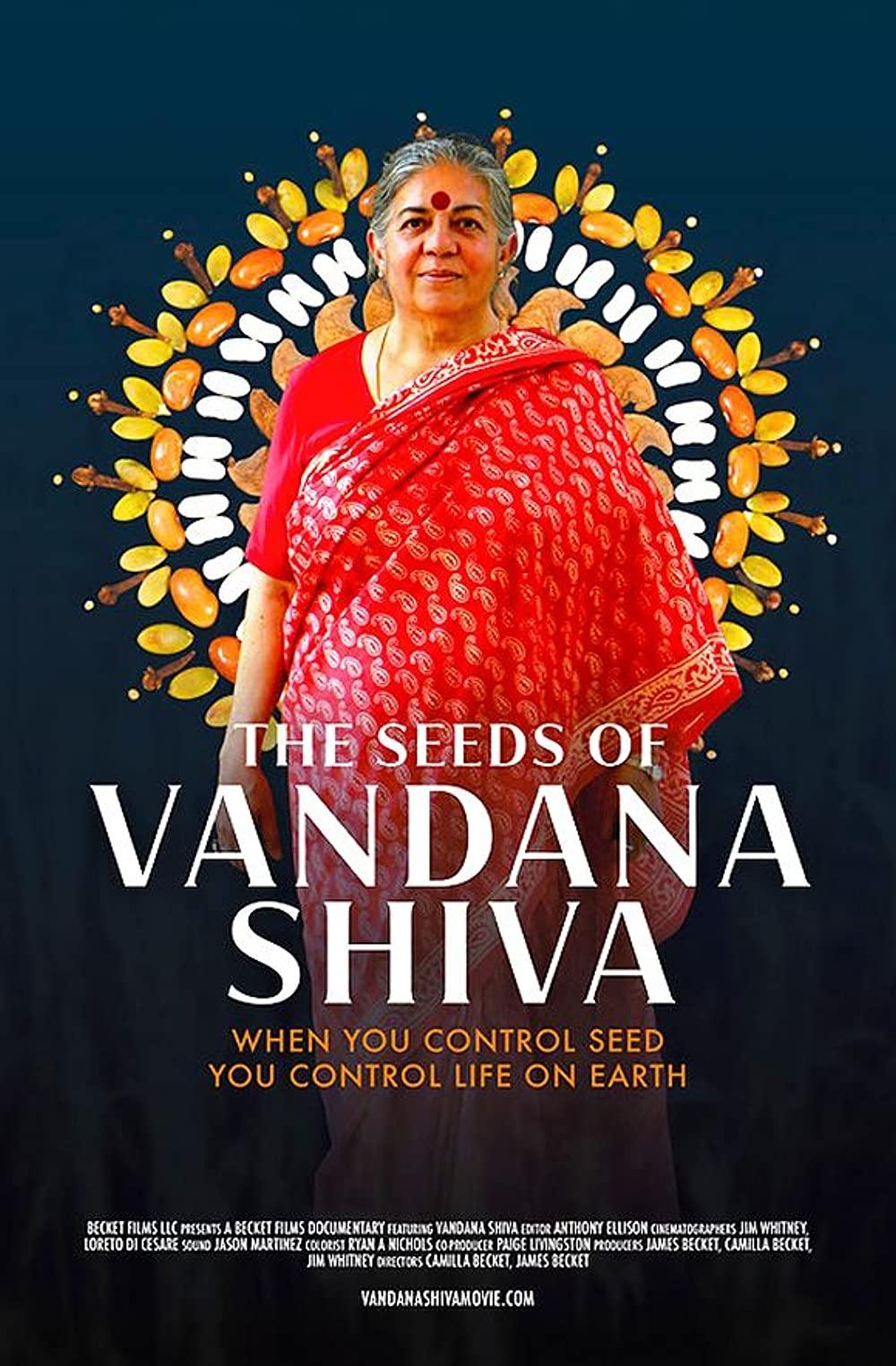
How did the willful daughter of a Himalayan forest conservator become Monsanto’s worst nightmare? The Seeds of Vandana Shiva tells the remarkable life story of Gandhian eco-activist Dr. Vandana Shiva, how she stood up to the corporate Goliaths of industrial agriculture, rose to prominence in the regenerative food movement, and inspired an international crusade for change.
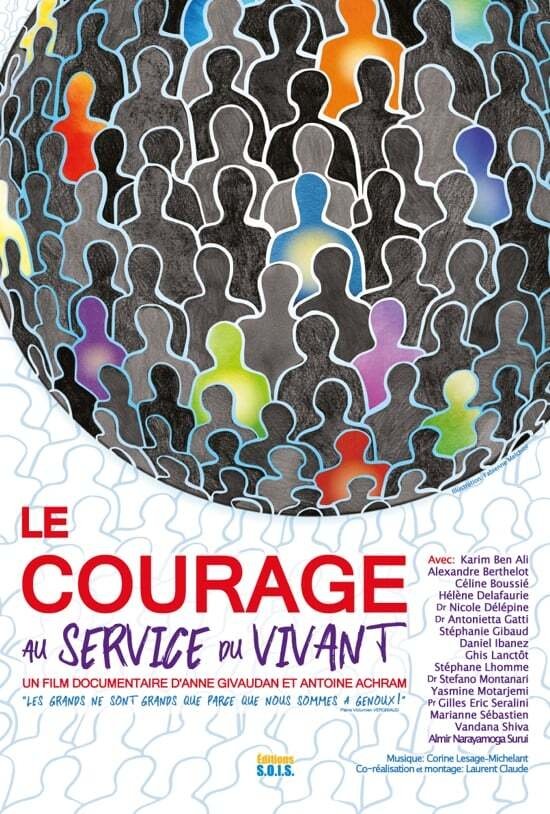
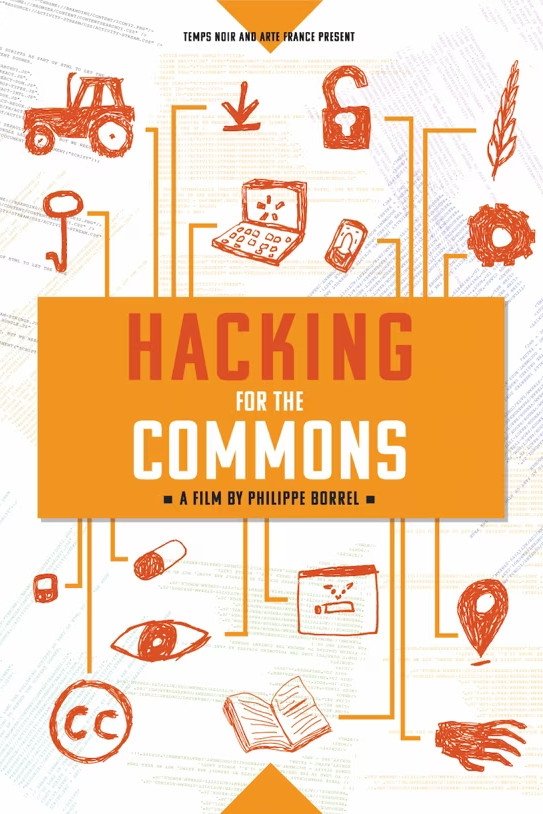
"Hacking for the Commons", this 87 minute long documentary takes us to meet with those who, from India to the United States via Europe, are experimenting with the emancipation tools of "free software" in order to bring concrete solutions in a multitude of fields in which collective practices known as "open" - thus "non-proprietary" - are spreading : in agriculture, with "free" seeds, in health, with Open Source medicines, or in education, thanks to a free access to knowledge... Resistants of the "Free" software field see it as a philosophical and political issue, as much as a societal choice, while the contributory and emancipatory practices of "Free" software are beginning to spread far beyond the IT field alone, for the benefice of the Commons...

As society tackles the problem of feeding our expanding population safely and sustainably, a schism has arisen between scientists and consumers, motivated by fear and distrust. Food Evolution, narrated by Neil deGrasse Tyson, explores the polarized debate surrounding GMOs. Looking at the real-world application of food science in the past and present, the film argues for sound science and open-mindedness in a culture that increasingly shows resistance to both.

Journey to the seemingly idyllic world of Native Hawaiians, whose communities are surrounded by experimental test sites for genetically engineered seed corn and pesticides sprayed upwind of their homes, schools, hospitals, and shorelines.
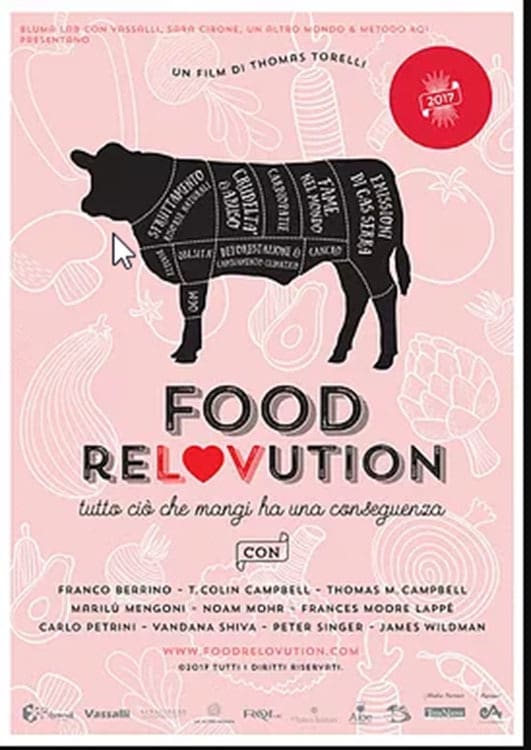
“Food Relovution: What We Eat Can Make A Difference” is an eye-opening and compelling feature documentary that examines the consequences of the meat culture as concerns grow about health, world hunger, animal welfare and the environmental cost of livestock production. It aims to show how these global issues affect everyone and are interrelated, and how making our food choices with a sense of awareness, knowing what we are buying and what we are eating is the first fundamental step towards a better world.

A film about the importance of heirloom seeds to the agriculture of the world, focusing on seed keepers and activists from around the world.
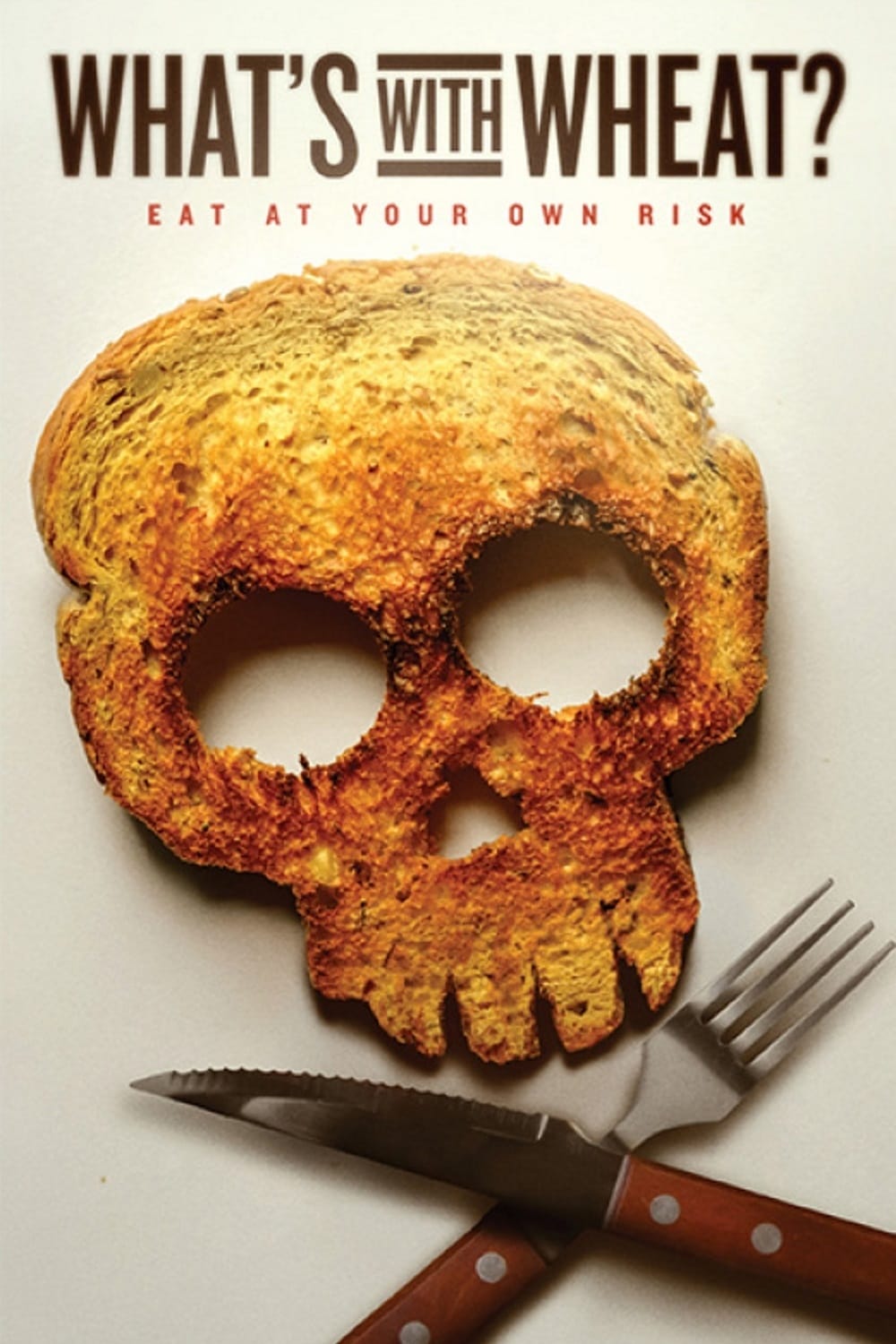
Why are so many people wheat-intolerant or sensitive to wheat? And why is wheat linked to so many modern-day health problems, when it has been a staple of the human diet for thousands of years? In this documentary, a nutritionist interviews 14 experts, to understand how wheat has changed since it was first cultivated, how these changes could be affecting human health, and how people can break a dietary cycle that could be making them sick.

H.O.P.E. is a life-changing documentary uncovering and revealing the effects of our typical Western diet high in animal-based foods. It contrasts the limited interests of the pharmaceutical and agricultural industry with the all-encompassing interests of living beings on this planet and with the power of responsible consumer action. H.O.P.E. is an urgent call to action to all of us to commit to a change towards sustainability and safeguarding our living environment.
Vandana Shiva (born 5 November 1952) is an Indian scholar, environmental activist, food sovereignty advocate, ecofeminist and anti-globalisation author. Based in Delhi, Shiva has written more than 20 books. She is often referred to as "Gandhi of grain" for her activism associated with the anti-GMO movement. Shiva is one of the leaders and board members of the International Forum on Globalization (with Jerry Mander, Ralph Nader, and Helena Norberg-Hodge), and a figure of the anti-globalisation movement. She has argued in favour of many traditional practices, as in her interview in the book Vedic Ecology (by Ranchor Prime). She is a member of the scientific committee of the Fundacion IDEAS, Spain's Socialist Party's think tank. She is also a member of the International Organization for a Participatory Society. Vandana Shiva was born in Dehradun. Her father was a conservator of forests, and her mother was a farmer with a love for nature. She was educated at St. Mary's Convent High School in Nainital, and at the Convent of Jesus and Mary, Dehradun. Shiva studied physics at Punjab University in Chandigarh, graduating as a Bachelor of Science in 1972. After a brief stint at the Bhabha Atomic Research Centre, she moved to Canada to pursue a master's degree in the philosophy of science at the University of Guelph in 1977 where she wrote a thesis entitled "Changes in the concept of periodicity of light". In 1978, she completed and received her PhD in philosophy at the University of Western Ontario, focusing on philosophy of physics. Her dissertation was titled "Hidden variables and locality in quantum theory" in which she discussed the mathematical and philosophical implications of hidden variable theories that fall outside of the purview of Bell's theorem. She later went on to pursue interdisciplinary research in science, technology, and environmental policy at the Indian Institute of Science and the Indian Institute of Management in Bangalore. Vandana Shiva has written and spoken extensively about advances in the fields of agriculture and food. Intellectual property rights, biodiversity, biotechnology, bioethics, and genetic engineering are among the fields where Shiva has fought through activist campaigns. She has assisted grassroots organisations of the Green movement in Africa, Asia, Latin America, Ireland, Switzerland, and Austria with opposition to advances in agricultural development via genetic engineering. In 1982, she founded the Research Foundation for Science, Technology and Ecology. This led to the creation of Navdanya in 1991, a national movement to protect the diversity and integrity of living resources, especially native seed, the promotion of organic farming and fair trade. Navdanya, which translates to "Nine Seeds" or "New Gift", is an initiative of the RFSTE to educate farmers of the benefits of maintaining diverse and individualised crops rather than accepting offers from monoculture food producers. The initiative established over 40 seed banks across India to provide regional opportunity for diverse agriculture. In 2004 Shiva started Bija Vidyapeeth, an international college for sustainable living in Doon Valley, Uttarakhand, in collaboration with Schumacher College, UK. ... Source: Article "Vandana Shiva" from Wikipedia in English, licensed under CC-BY-SA 3.0.
By browsing this website, you accept our cookies policy.